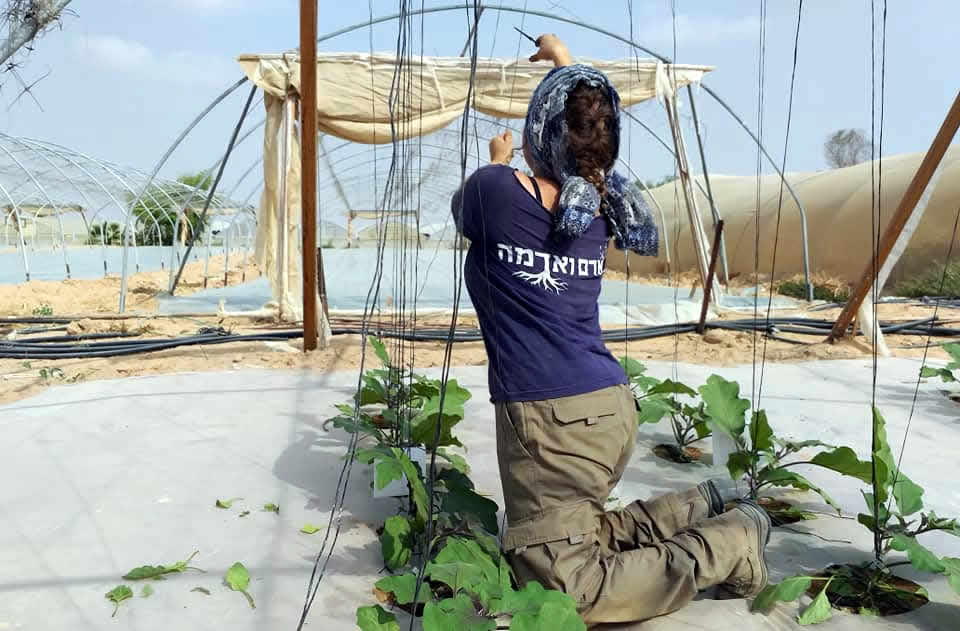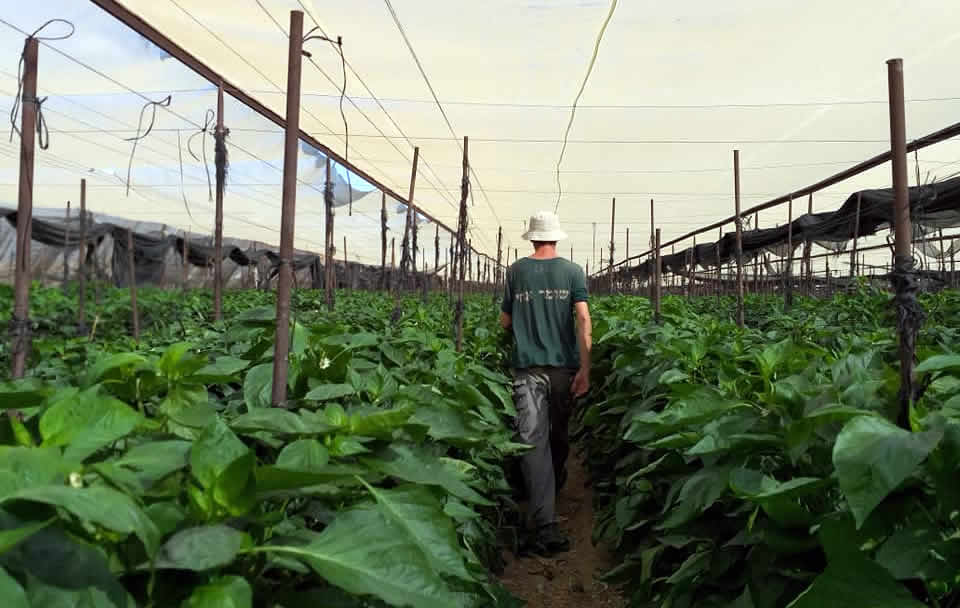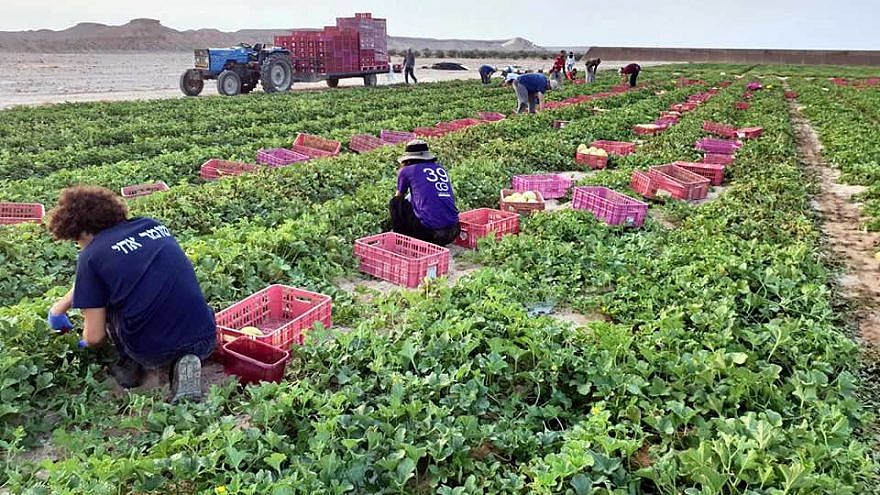Yohanna (Yockie) Arbib was tapped as the new president of HaShomer HaChadash, an Israeli grassroots organization established in 2007 to assist Israelis in maintaining the safety of farmers and open spaces in the Negev and Galilee. She previously served as head of the Jerusalem Foundation and was chair of the World Board of Trustees of Keren Hayesod. Currently, she sits on the boards of a number of entities, including the Fondazione Terzo Pilastro-Italia e Mediterraneo, the Jewish People Policy Institute, the Jewish Agency for Israel and Keren Hayesod-United Israel Appeal. In 2016, Israeli Prime Minister Benjamin Netanyahu awarded her the Goldstein Prize for distinguished Jewish leadership.
Born and raised in Rome, she hails from a Sephardic family from Libya. Arbib, 50, holds a bachelor’s degree in business administration from American John Cabot University in Rome and studied international relations. The mother of three girls—ages 15, 17 and 19—she is married to orthopedic surgeon Dario Perugia. She divides her time between Rome and Israel.
Q: How do you intend to make Americans more aware of the organization and its design?
A: The work of HaShomer HaChadash is both physical and spiritual. The physical aspect requires working and feeling the land. The spiritual aspect involves understanding why the land is important for the future of the people and the country.

To create an experience that will stay with you and “stick,” you must combine these two spheres in the following ways: expand awareness and understanding of the many challenges faced by Israeli farmers, including the ability to hold on to their land and make a living from it; create productive, meaningful encounters outdoors in the agricultural fields; forge personal connections between volunteers and farmers; offer volunteer opportunities to assist farmers in rehabilitating land damaged by intruders; teach volunteers how to engage in agricultural work; and raise important questions about the connection between people and land, and in particular, the Jewish people and the Land of Israel.
To that end, HaShomer HaChadash will host a mission to Israel from May 13-17. It will take participants across northern and southern Israel, showing them the land through the eyes of the workers, farmers and pioneers of the country. Among the places participants will see include Mount Kabir, Shiloh Archaeological Excavations, the Qumran Caves, the Negev Desert and Jericho. The experience will be accompanied by lectures and agricultural volunteerism.
Q: What is your main goal? What do you want to tackle right away?
A: We have a few goals for the first year of our international operation. HaShomer HaChadash has become Israel’s largest volunteer organization, with more than 70,000 volunteers in 2018, through models developed in Israel. We would like to use the experience and wisdom gained in recent years and build on this tremendous success to create a tailor-made model for the rest of the world. We plan to accomplish this by expanding programming in Israel and building programs in the United States for high school students, young adults and families.
Q: Why is it such an important Israeli value to care for the land? Do all students learn this in school?
A: The importance of the land of Israel is both historical and practical. God gave us the land to build a nation, and it is our duty and responsibility to grow and protect it. Moreover, the land is what grounds us, giving us a sense of perspective on life. In a world where technology is trying to take over everything, working the land and safeguarding it, touching the soil and getting close to nature reaffirms the important values of life and gives us a real sense of ownership. These values are hardly being taught in schools today, where competition and individualism are the rules of the game.

For decades, the Jews of the world have been an inseparable part of the effort to ensure the creation and existence of the State of Israel in the face of the existential challenges and dangers that have afflicted it. The years that followed have been marked by division and distance between Jews living in Israel and those living throughout the world. Now, however, at a time when Israeli agriculture faces enormous existential challenges, an extraordinary opportunity exists for the whole of the Jewish people to come together in a shared mission of mutual responsibility. Out of this, an in-depth mutual Jewish identity can develop, for now and well into the future, uniting Jewish communities worldwide.
Q: What is at risk the most right now—agriculture, wildlife, water resources, historical sites—on lands you want to protect?
A: What is really at risk is the sense of awareness of the reasons why the land is essential for our present and our future. We must understand why we are really here!

Q: What do you want readers to know most about the work you do?
A: HaShomer HaChadash is an organization of smart and committed young Israelis who want to strengthen Israel by working with people—young and old, religious and secular—to revive the fundamental values on which the State of Israel was founded. This includes developing leadership, building on the potential of each individual and strengthening Jewish identity.
We see no better tool than the land, combined with Jewish values, to obtain such results. We are only limited by our dreams. We at HaShomer think big and created a movement that today is the largest volunteer organization in the country—a revolution we want to share with the rest of the Jewish world.


























